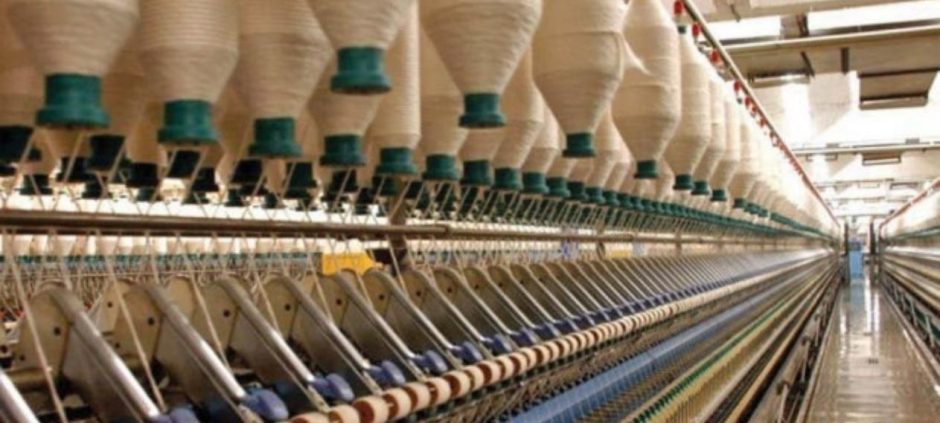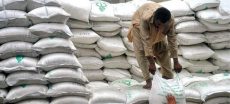Pakistan’s Textile Mills are facing a potential shutdown after receiving a massive retrospective RLNG (re-gasified liquefied natural gas) bill, warned the All Pakistan Textile Mills Association (APTMA). The sudden charge, covering seven years, has put the already struggling industry under severe financial pressure.
APTMA stated that what should have been routine price reconciliations for gas over the past seven years was instead imposed as a single, massive bill. This unexpected demand threatens the viability of Textile Mills, reduces export potential, and risks accelerating factory closures.
The association has filed a petition with the Oil and Gas Regulatory Authority (OGRA) challenging the RLNG sale price adjustments for consumers connected to Sui Northern Gas Pipelines Limited (SNGPL) between April 2015 and June 2022. APTMA stressed that these retrospective charges have created a serious working capital crisis at a time when industries are already struggling to stay afloat.
During a public hearing, APTMA representatives explained that RLNG prices had been issued provisionally for years, with the expectation that adjustments would occur gradually. Instead, the unpaid differences from several fiscal years were added together and billed in one go, creating a sudden liquidity crunch.
The sudden rise in gas tariffs has especially affected industries using captive power plants, as well as CNG stations and large commercial users. Since mid-2023, natural gas prices for captive power increased from Rs. 1,100 per mmBtu to Rs. 3,500 per mmBtu. With the additional grid transition levy of Rs. 791, the effective rate has reached Rs. 4,291 per mmBtu ($15.4).
APTMA warned that companies cannot reprice past sales, which adds further financial strain. Without government intervention, Textile Mills could face large-scale shutdowns, threatening employment and Pakistan’s export earnings.
In other related news also read Eighty-Four Textile Mills Declared Defaulters
Analysts emphasize that immediate action is needed to prevent economic disruption and ensure that Textile Mills remain operational while the billing issues are resolved.











